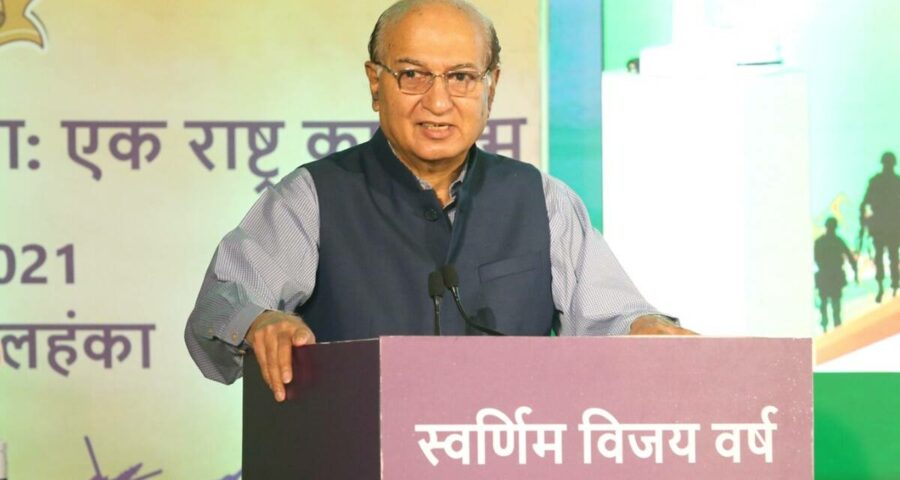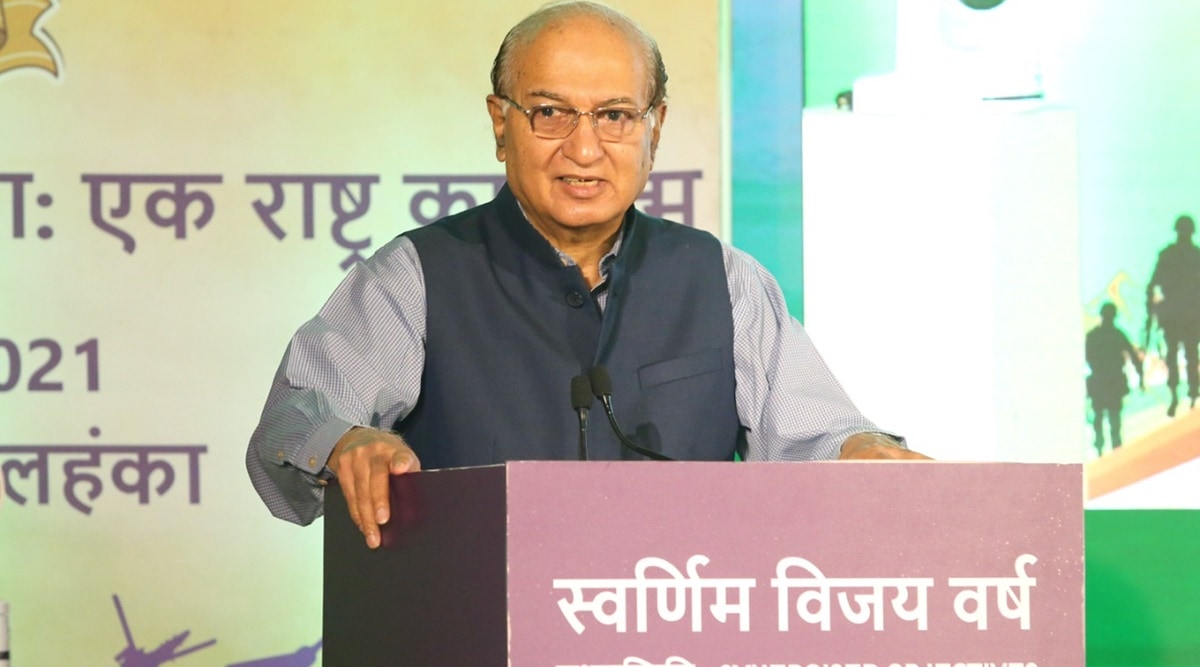Former High Commissioner to Pakistan G Parthasarathy also said the country should diplomatically deal with China’s growing territorial claims
Alluding to China’s territorial claims over its neighbouring countries, former High Commissioner to Pakistan G Parthasarathy said India should strongly consider taking up the issues diplomatically. Speaking at an Indian Air Force (IAF) conclave in Bengaluru on Sunday, Parthasarathy said India should cultivate strategic ties in the eastern neighbourhood by developing Buddhist heritage sites.
When Myanmar faced economic sanctions from the West due to the Rohingya issue, it accepted the Chinese proposal for construction of the Kyaukphyu port located in the Bay of Bengal. Parthasarathy underscored that this would be a direct security challenge, quite close to India’s borders.
He said that India should leverage its Buddhist heritage sites to promote strategic interests across the eastern neighbourhood. “With the attitude of Myanmar of not harming India for being a ‘Land of Buddha’, India should tap the strategic interests. This whole region is full of Buddhists, and our exploitation of that fact is minimal. We have not done enough on the promotion of Buddhist tourism. I’m surprised that even the present government has looked at it, rather, in smaller terms. Not only Myanmar, but countries like Vietnam, even Japan, South Korea, they’re all Buddhist, in one form or another. And we have not built our pilgrimage spots,” he added.
The former senior diplomat highlighted that China has shown scant respect for land borders with India, Nepal, Bhutan, Laos, Mongolia, Myanmar, South Korea, North Korea and Tibet, and has had little regard for the international tribunal verdict.
“China is surrounded by countries whose territories it is claiming. A UN tribunal at The Hague was convened in 2013, under the provisions of the Law of the Sea, to rule on an arbitration case filed by the Philippines government contesting the outrageous claims made by China on its maritime boundaries. The court ruled in favour of the Philippines, stating that the ‘nine dash line’ under which China made its claims had no legal basis. Beijing refused to accept the international court’s verdict. We need to see if we have taken full diplomatic and strategic advantages,” he explained.
Parthasarathy also stated that tension between China and Vietnam over the claims on maritime boundaries is growing. “While India has settled maritime boundaries with every country, Beijing faces opposition to its maritime boundary claim from Taiwan, Vietnam, Indonesia, Malaysia, Japan, South Korea, North Korea, Singapore and Brunei; there’s nobody left, with whom they do not have maritime boundary issues. It has acquired boundaries even earlier,” he added.

Parthasarathy said India needs to cultivate a careful relationship with Indonesia which is secular and has issues with China. He warned that Chinese policy considers India to be an adversary which should be shown its place. “It follows a policy of ‘strategic containment’ of India by funding parties which have anti-India bias and use Pakistan as its principal instrument for reinforcing its efforts,” he said.
Source: Read Full Article



